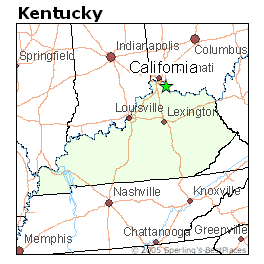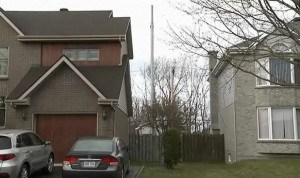 A bizarre allegation (and theft-of-service complaint filed with local police) that a Voice Over IP service provider was “stealing” access to its fiber network has triggered the nation’s first formal Net Neutrality complaint under new Federal Communications Commission rules.
A bizarre allegation (and theft-of-service complaint filed with local police) that a Voice Over IP service provider was “stealing” access to its fiber network has triggered the nation’s first formal Net Neutrality complaint under new Federal Communications Commission rules.
The complaint was triggered after Albany (Ga.)’s Water, Gas, and Light Commission (WG&L) filed a report with Dougherty County Police accusing L2Networks of accessing its municipal fiber network without paying.
If the FCC finds the city was correct asserting its claims of theft of service, other broadband providers could begin assessing additional fees for consumers who wish to access Google, Facebook, and Netflix, according the VoIP provider.
The case could create an “irreversible ripple effect along with the creation of various legal challenges across nearly every national content and application provider,” L2Networks CEO Kraig Beahn said in a press release. “We are deeply concerned that the alleged claim could potentially change the landscape of the national Internet marketplace as residential and commercial consumers see it today.”
In the view of L2Networks, the incident represents a direct and indisputable violation of the Federal Communications Commission’s Net Neutrality policies, which forbids providers from blocking service or selectively charging competitors additional fees to reach customers.
But details about the background of the complaint remain murky and a series of past disputes between Beahn and other telecommunications companies in Albany may require further exploration by federal officials investigating the complaint.
L2Networks is a small Albany-based telecommunications company that provides service to area businesses. L2Networks CEO Kraig Beahn is, however, well-known to both WG&L and local cable operator Mediacom, both of which have previously raised questions about his business practices.
L2 counters WG&L has made life increasingly difficult for the company since the two entities had a falling out in 2011. That year, WG&L dumped L2 from its plans to deliver a competitive cable television service for Albany residents after the utility’s general manager accused Beahn of not fulfilling the promises he made with WG&L.
In January 2012, Beahn was arrested and charged with felony theft of service after Mediacom discovered an illegal tap on their cable line, which investigators learned was being used to provide Internet and phone service to L2 customer Adtran Logistics. Beahn called the charges “frivolous” and were part of an ongoing dispute with WG&L.
Mediacom vice president of legal and public affairs Tom Larsen noted the company did learn about the suspicious connection from the local utility.
“When our local team went to investigate, they discovered a Mediacom modem connected to two car batteries that was wired into our cable plant and being used [allegedly by L2] to serve a nearby business,” Larsen said.


 Subscribe
Subscribe





